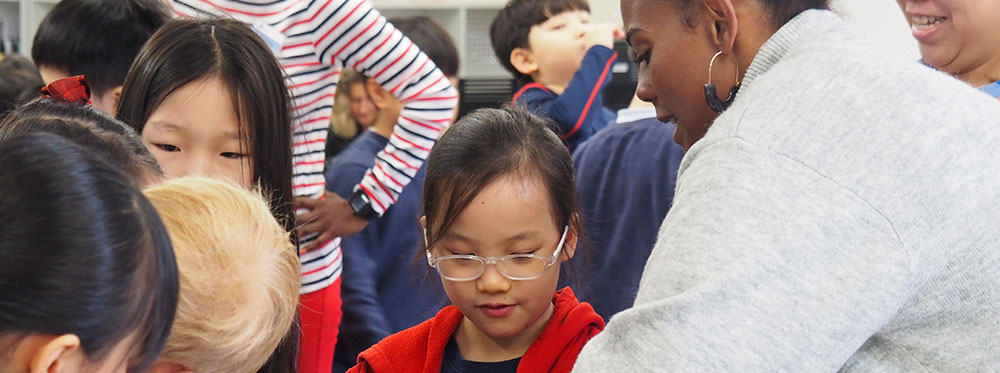Promoting student wellbeing is an essential part of holistic education. Creating a safe and supportive environment — where students feel comfortable expressing their thoughts — is key to emotional resilience and mental health. Schools around the world are launching student-led and staff-supported initiatives to normalize open conversation and reduce the stigma around asking for help.
Encouraging Conversation Through School Initiatives
Many schools have adopted a “Let’s Talk About It” mindset — a campaign designed to promote open communication and emotional support. Whether through posters, assemblies, or classroom discussions, this message reminds students that speaking up is a strength, not a weakness.
Some schools have taken this initiative further by launching a digital support channel, allowing students to reach out privately to a counselor or designated adult through a secure portal. This creates a valuable space for students who might feel shy or uncomfortable seeking support in person.
Peer Mentoring and Community Building
Another impactful program is peer mentoring, where older students are matched with younger peers to offer guidance, encouragement, and friendship. These mentorships are supported with activities such as:
- Eating lunch together
- Homework help
- Guidance on navigating school platforms or tools
- Sharing reading or leisure time
Mentors are often trained and encouraged to log their sessions, helping ensure the relationships remain consistent and valuable. The goal is to foster a school culture where dialogue is easy, trust is mutual, and support is always available.
Extending Emotional Support at Home
While school plays a crucial role in a child’s wellbeing, parents also have a powerful role to play. If your child seems withdrawn, anxious, or overwhelmed, here are four practical ways to support them:
1. Start the Conversation
If your child seems worried or down, don’t wait for them to initiate the dialogue. Gently ask them if something is on their mind. Sometimes, simply opening the door is all they need.
2. Lead by Example
Children learn by watching. Be open about your own emotions and everyday stresses. Modeling emotional expression can encourage them to do the same and build trust.
3. Be Patient
Especially with younger children, resist the urge to complete their sentences or speak for them. Give them the time and space to process their thoughts. Listening attentively without rushing them is a powerful form of support.
4. Choose the Right Moment
Find a quiet, calm time to talk. Avoid rushing the conversation or speaking when distractions are present. A peaceful setting helps children feel safe enough to open up.
Final Thoughts
Creating a culture of openness — both at school and at home — helps children understand that their voices matter and that help is always available. Whether it’s through peer mentorship, counselor outreach, or a quiet chat at the dinner table, the message remains the same: let’s talk about it.
